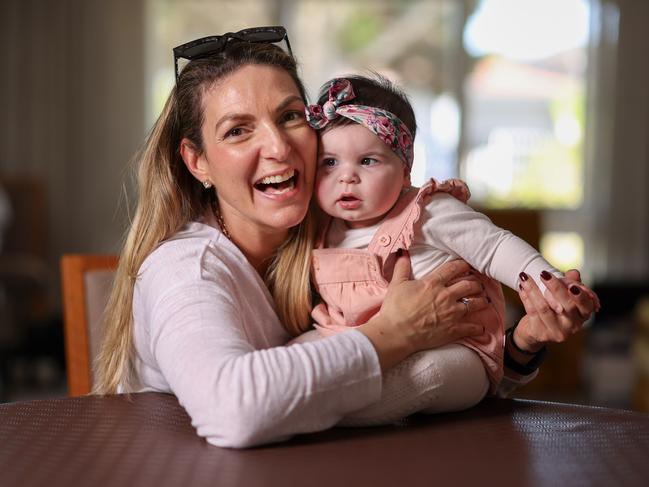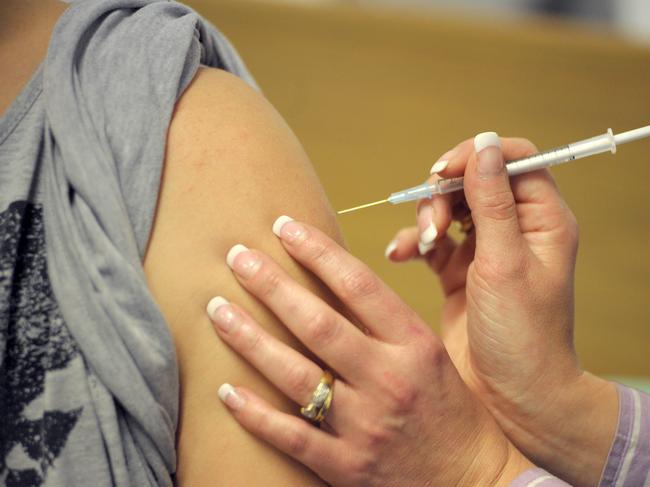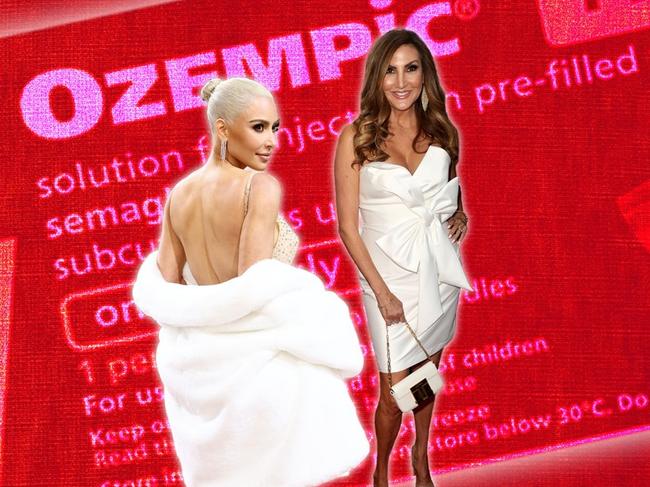
Decoding the ancients buried by Vesuvius
Experts and students chasing a cash prize can finally decipher scrolls charred by Vesuvius.

Experts and students chasing a cash prize can finally decipher scrolls charred by Vesuvius.

New technologies for creating genetically related children could transform family life, giving same-sex couples and infertile women more options for parenthood.

A respected Australian geologist has been accused of exposing the University of Tasmania to ‘high risk’ of Russian ‘interference’ – a claim he dismisses as management ‘bullying’.

America’s best-known ornithologist, 19th-century slave owner John James Audubon, is among those whose name will be removed.

New research has reasserted an earlier hypothesis that the dinosaurs were killed off by an asteroid strike that shrouded the world in dust.

After the death of her seven-month-old, one mother has worked to make genetic screening free for all couples, hoping to catch fatal conditions in infants.

The moon is 40 million years older than we thought, according to a new analysis of lunar samples collected by Apollo astronauts a half-century ago.

Hundreds of new workers will be employed to halt the spread of fire ants.

The Earth’s waters are the dynamic, liquid engine of life across the planet, and rising temperatures are disrupting its workings in a multitude of ways.

An Australian study has discovered a method for harvesting trace uranium from seawater, providing a path to renewable nuclear fuel with a lessened environmental impact.

Skeletons of the largest marsupials that lived are being unearthed near an iron ore mine in Western Australia’s north.

As more women than ever choose to freeze their eggs, advances in IVF techniques mean survival and fertility rates match those of fresh eggs.

King Charles has recognised the efforts of solar panel researchers, including Australian engineer Martin Green, with the 2023 Queen Elizabeth Prizes for Engineering.

Government will invest in new technology and on therapies to alleviate kafunsho, the malady that affects two out of five people in Japan.

Sepsis is the cause of 1 in 5 deaths across the globe, and a group of Victorian specialists have found a treatment that may help the organs in the body that come under risk.

A sample collected from the 4.5bn-year-old asteroid Bennu contains abundant water and carbon, NASA has revealed.

Industry Minister Ed Husic says RNA medical technology could be ‘huge’ for Australia.

The reason some people find it easy to stick to a strict vegetarian diet while others struggle may be governed by our genes, a study has found.

Connect the quantom dots. The winners of this year’s Nobel Prize in Chemistry are pioneers in the nanoworld.

A trio of US-based researchers has won the Nobel Chemistry Prize for developing tiny ‘quantum dots’ used to illuminate TVs and lamps, hours after a prematurely sent statement revealed their names.

Their work using lasers gives scientists a tool to observe and possibly even manipulate electrons.

Pierre Agostini, Ferenc Krausz and Anne L’Huillier were awarded the Nobel Physics Prize on Tuesday for research into tools for exploring electrons inside atoms and molecules.

From developing a one-and-done coronavirus shot to overcoming misinformation and global vaccine inequity, Nobel prize winner Drew Weissman says that at 64, he’s only ‘speeding up’.

Katalin Kariko and Drew Weissman won the Nobel Medicine Prize on Monday for work on messenger RNA technology that paved the way for groundbreaking Covid-19 vaccines.

Australia’s biggest health company has revealed its flu shot is 15pc more effective than conventional ones. But don’t expect the government to pay for it.

Undiagnosed coeliac disease is rampant in children whose relatives have it.

An explosion of new patients receiving the weight-loss drug in the mail do not understand how to use it properly, risking dangerous side-effects, medicos warn.

Australia’s most popular fruit faces extinction, but local scientists have found a controversial solution.

Pharmacists warn that nine out of 10 patients who believe they’re allergic are not, and the result is prolonged recovery periods.

Ultra-processed food is not the enemy and can sometimes even be good for us, scientists say, in a call for more nuance in the debate over its health effects.
Original URL: https://www.theaustralian.com.au/science/page/11